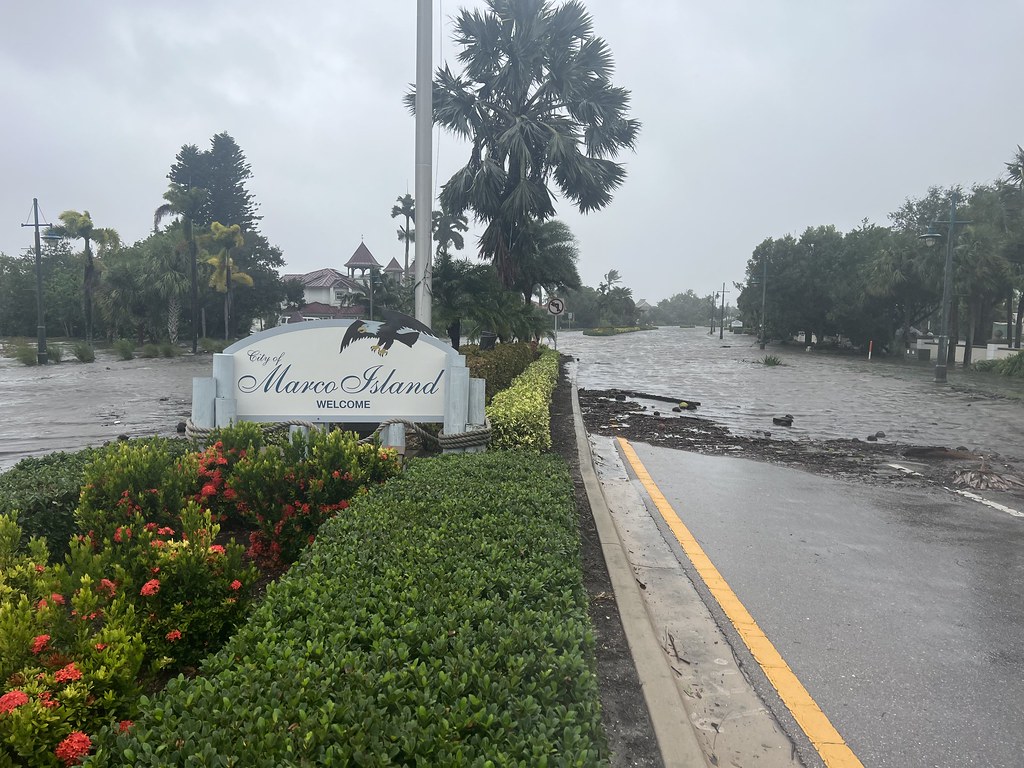Last week Congress passed a continuing resolution and then adjourned until after the election. When Congress reconvenes, it will almost certainly pass a multi-billion dollars aid package for those impacted by Hurricane Ian. This spending will likely be labeled “emergency,” so Congress members will not even have to pretend they are offsetting the new spending with cuts in other, lower priority programs.
The failure of Congress to offset spending on disaster relief with cuts in other programs is one reason why I always voted against disaster aid when I was in Congress, even when the spending was for disasters that occurred in my district. Of course, I also opposed these bills because disaster relief is unconstitutional and immoral as are all other income redistribution programs.
When I voted against disaster relief, my office would receive angry calls from constituents. However, within several months many of those constituents would call back to say that after dealing with the Federal Emergency Management Agency (FEMA) they realized that disaster victims would be better off without federal “help.”
Federally managed disaster relief is neither efficient nor compassionate. My office often heard from frustrated individuals whose plans to rebuild were put on hold because of delays in getting federal assistance.
My staff and I heard many horror stories of FEMA mistreating disaster victims. For example, FEMA was supposed to put a tarp on a house whose roof was destroyed in Hurricane Ike, but it put the tarp on the house next door, even though that house’s roof was fine. When the owner of the house that needed a tarp called FEMA, he was told it would be several weeks before FEMA could send someone out to correct FEMA’s mistake. The homeowner told FEMA that he would move the tarp himself with assistance of his neighbors. FEMA told him that anyone who touched the tarp without FEMA’s approval would be fined and maybe thrown in jail.
In the days following a hurricane, my staff and I also heard complaints from people about how government officials were preventing them from entering their own property. Of course, these restrictions were all claimed to be “for the people’s own good.”
FEMA’s failures are the inevitable result of placing authority over disaster relief in a large, centralized bureaucracy. Therefore, the problem cannot be fixed by changing personnel or updating or streamlining FEMA’s procedures. Instead, FEMA should be abolished, and responsibility for disaster relief should be returned to individuals, local communities, and civic and charitable organizations. Individuals should be able to deduct from their income taxes 100 percent of the costs of recovering from a natural disaster. Businesses affected by a natural disaster should also be provided generous tax relief. Tax-free savings accounts could help Americans accumulate funds for use in the event of a natural disaster.
In 1900, a major hurricane devastated Galveston, Texas. Despite the fact that FEMA or other federal disaster relief programs did not then exist, the people of Galveston managed to rebuild their city. This proves that there is no justification for federal involvement in disaster recovery. The federal government should return responsibility for disaster relief to the people by shutting down FEMA. Congress should also ensure people have the resources to take care of themselves by ending the welfare-warfare state, repealing the 16th Amendment and the associated income tax, and auditing then ending the Federal Reserve.
This article was originally featured at the Ron Paul Institute for Peace and Prosperity and is republished with permission.
































